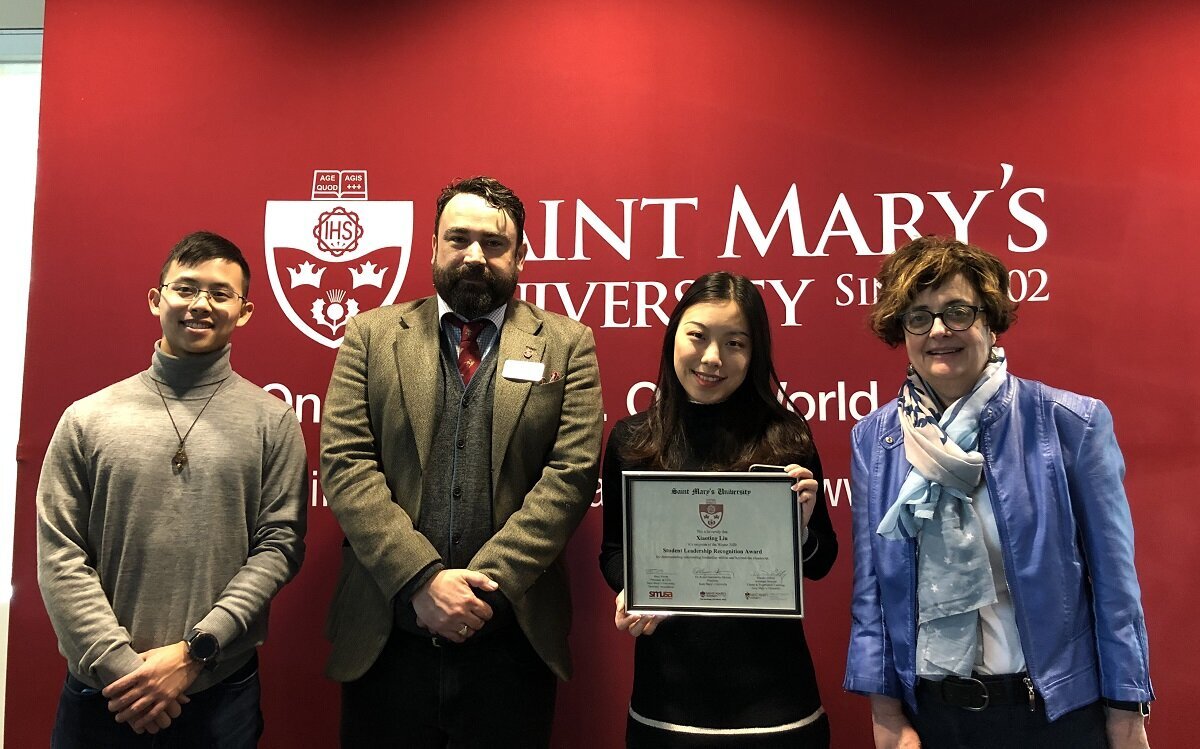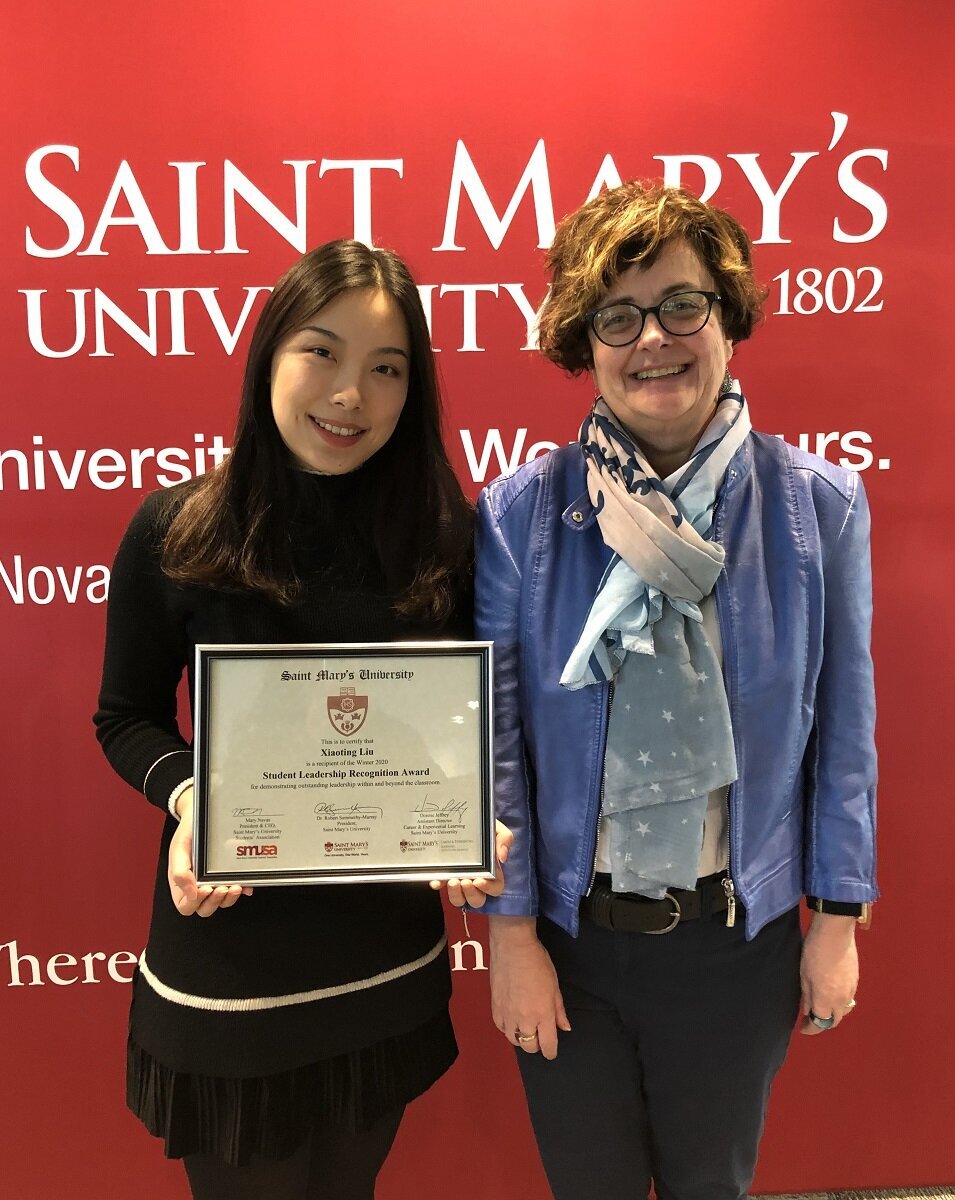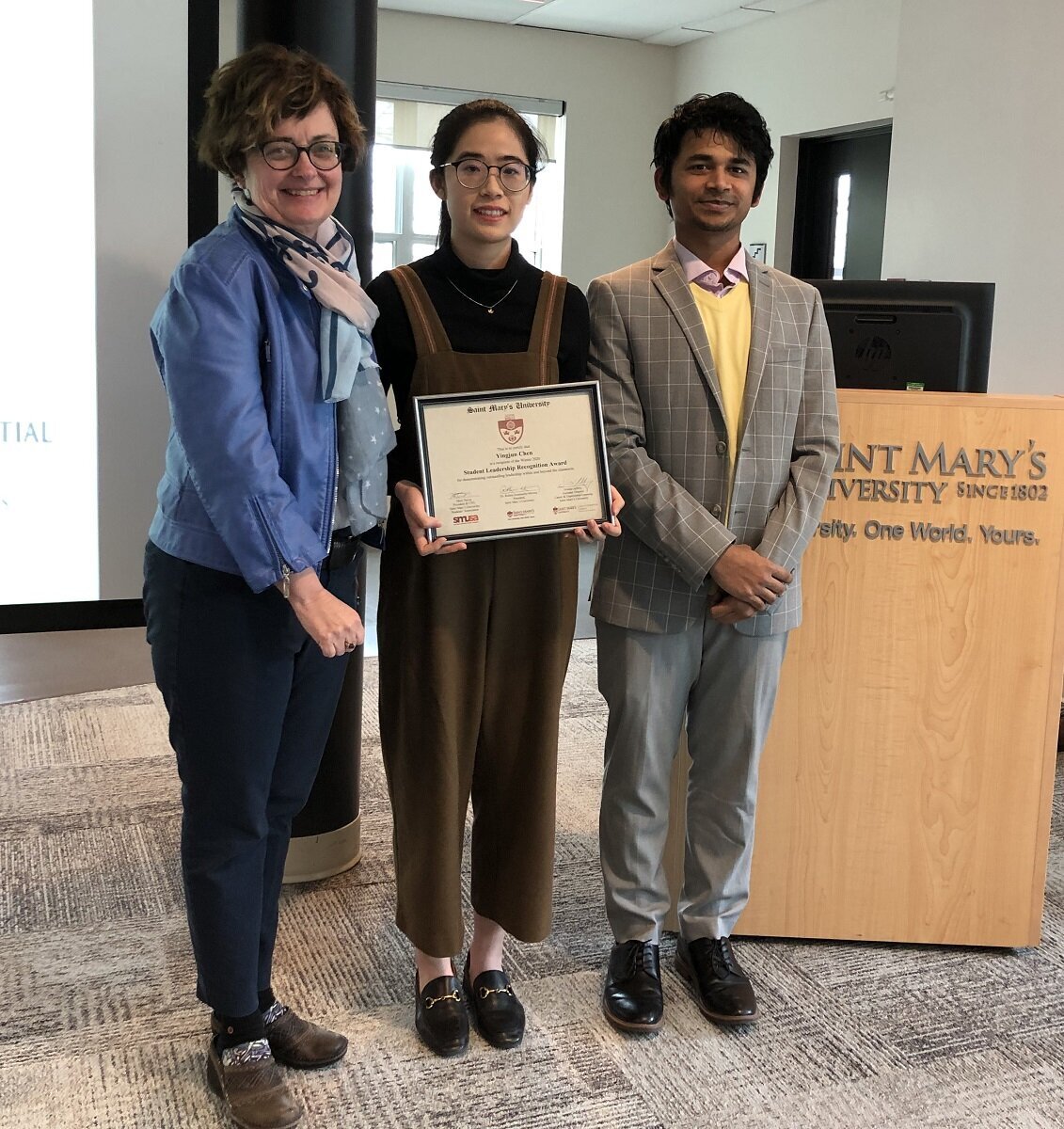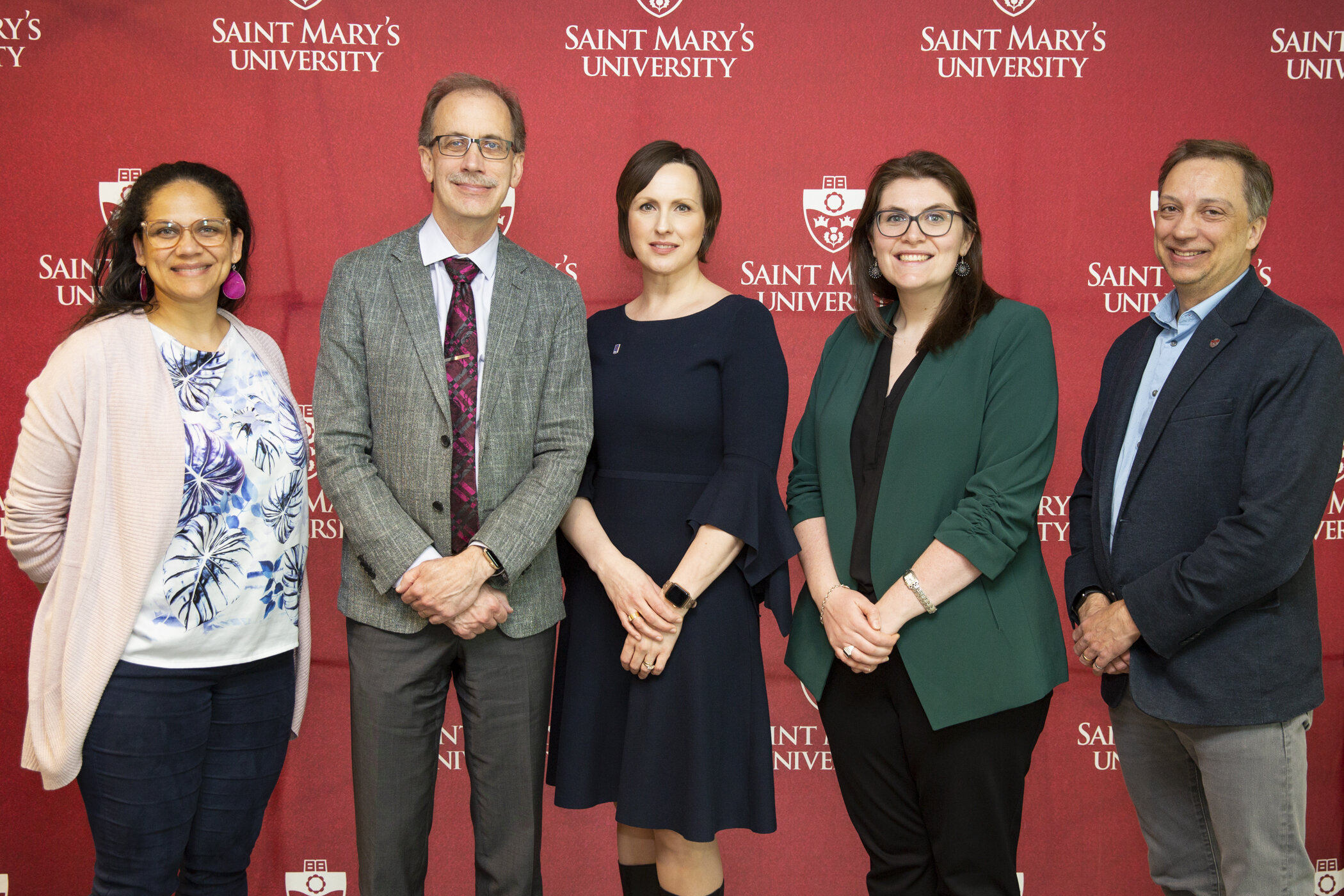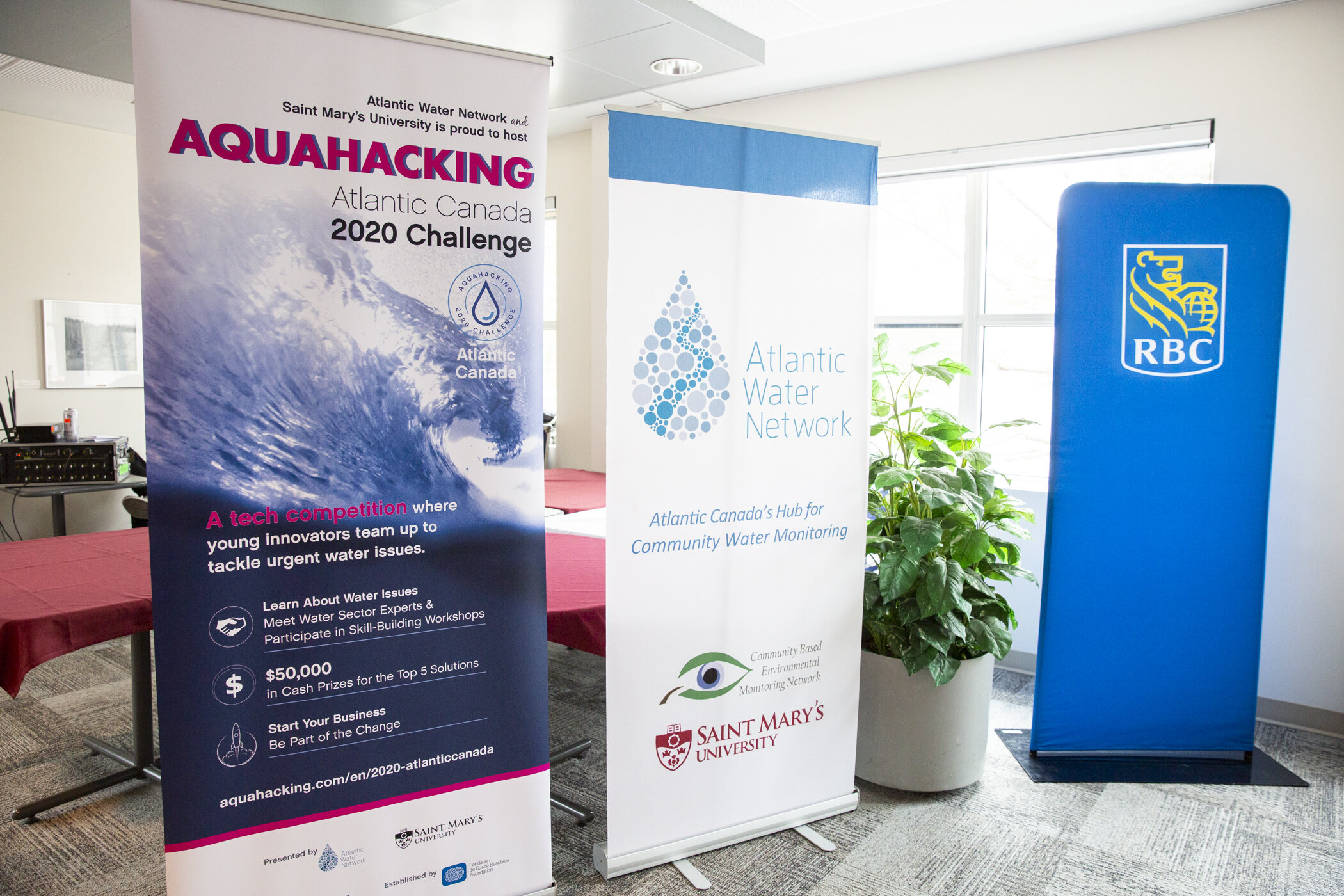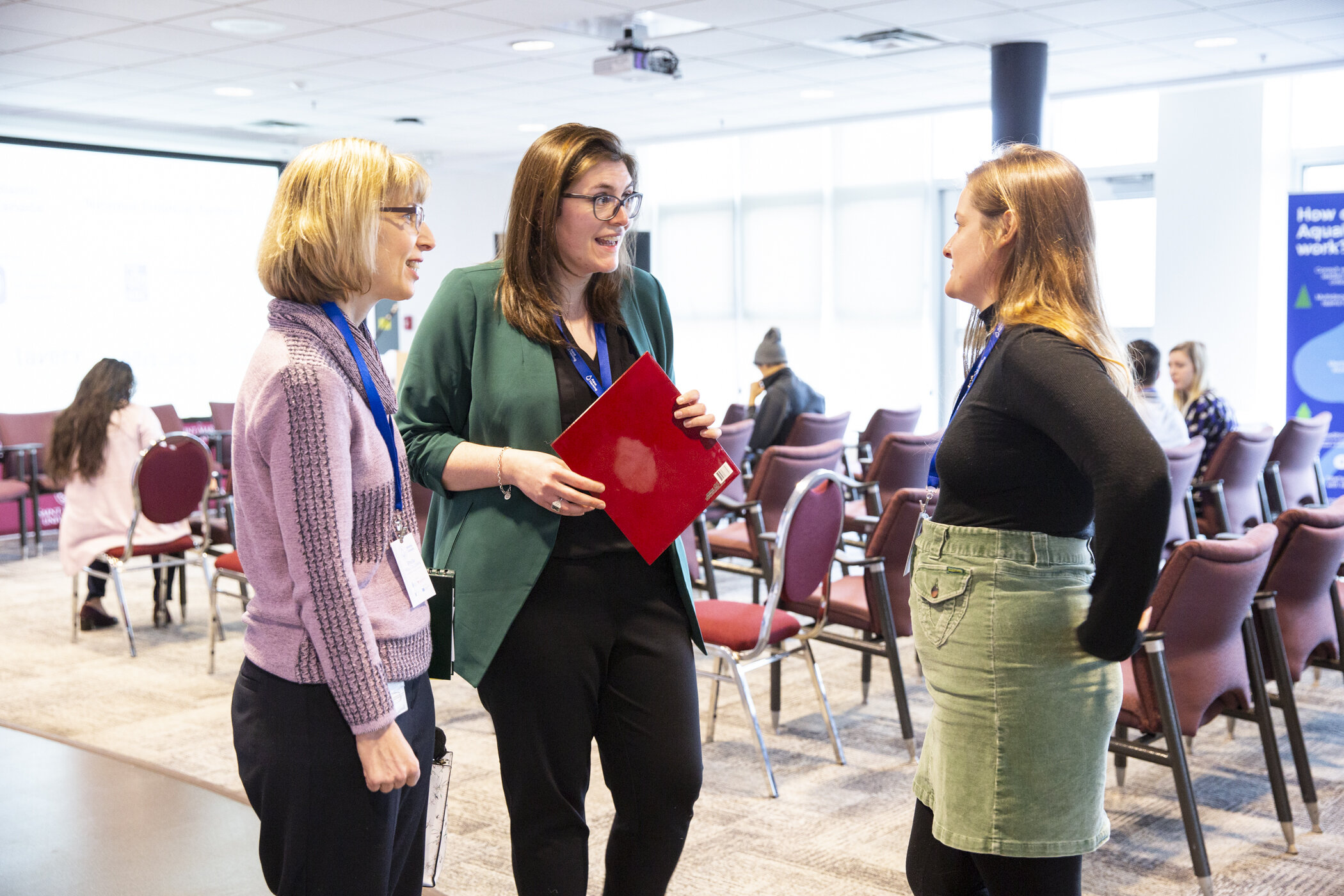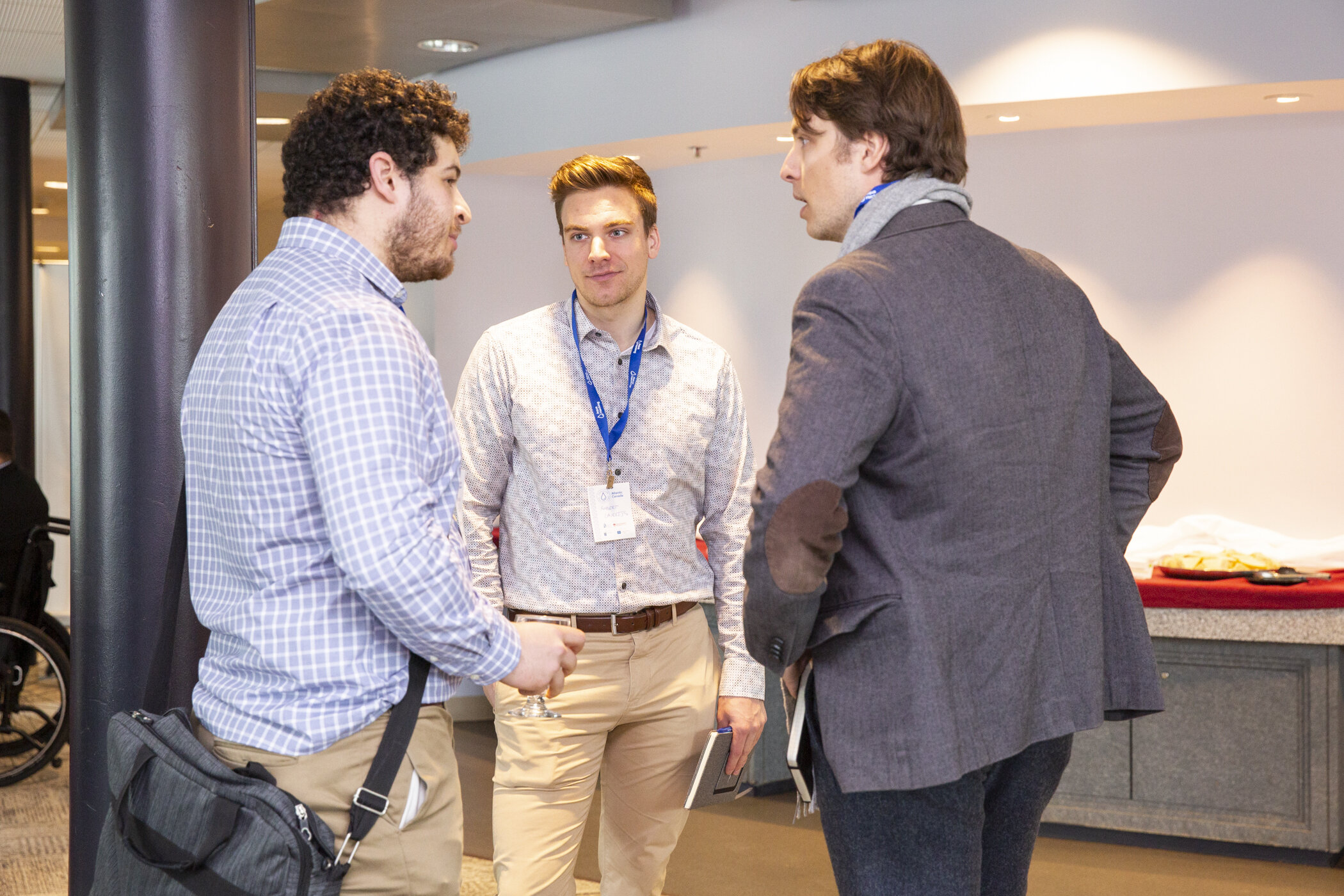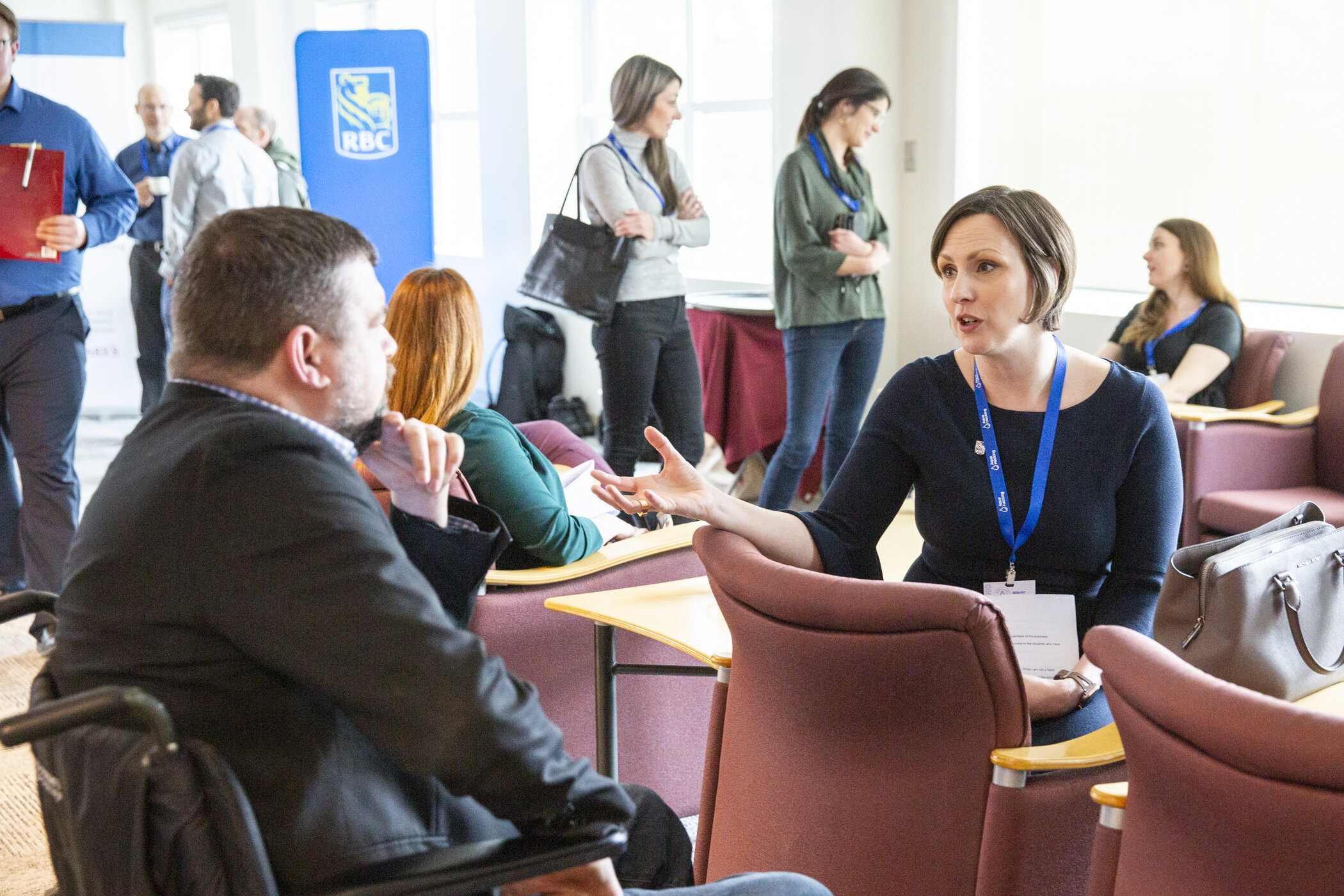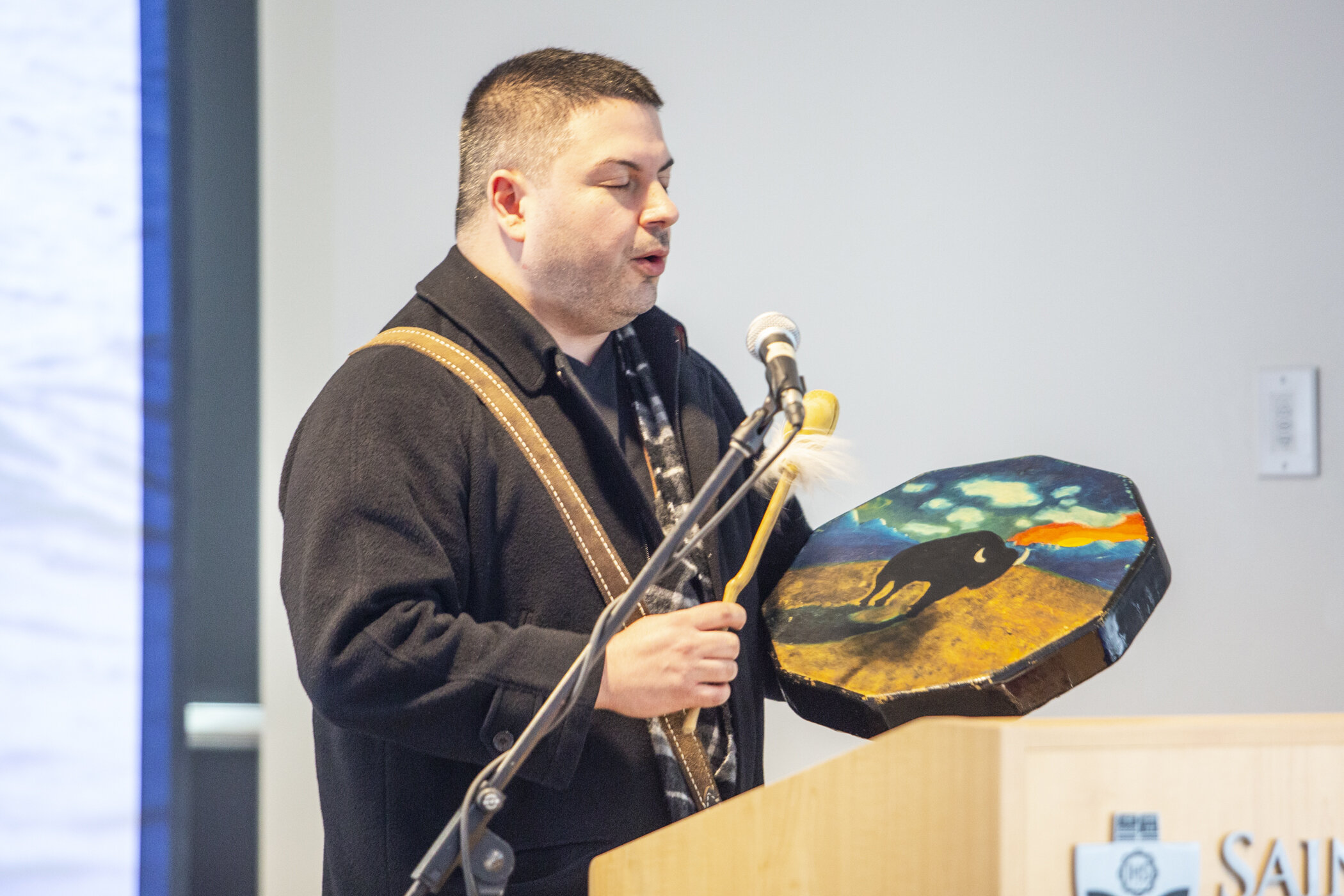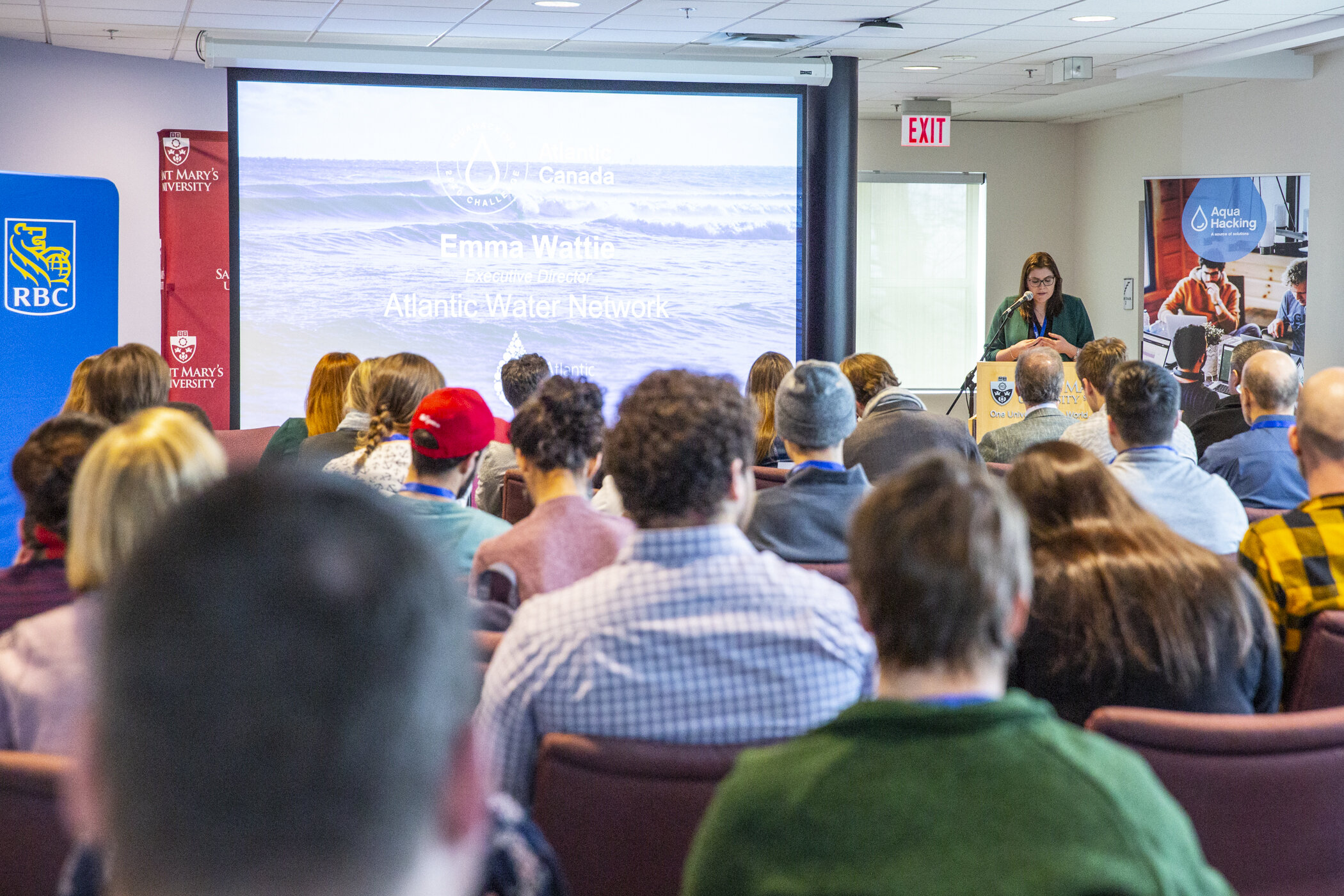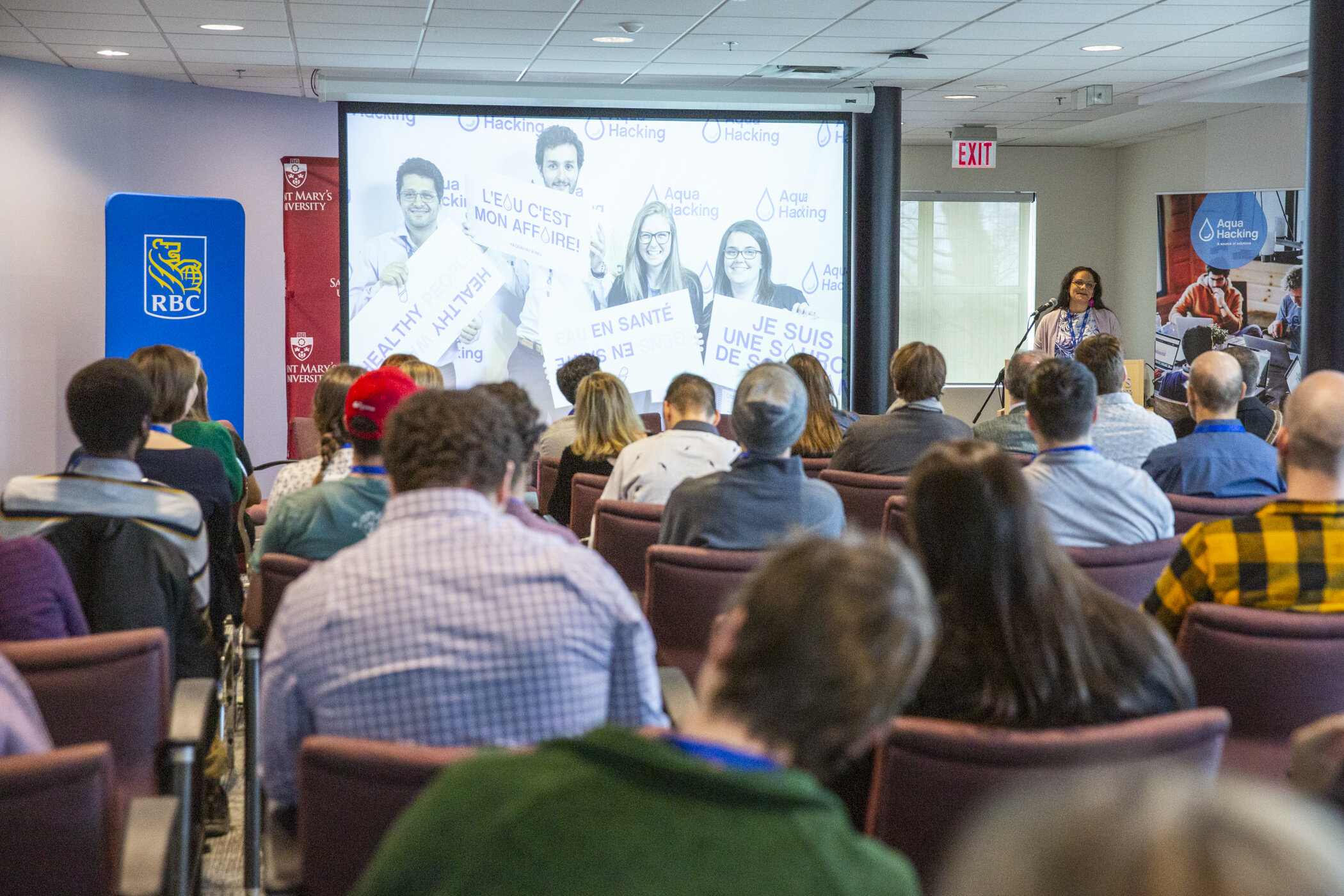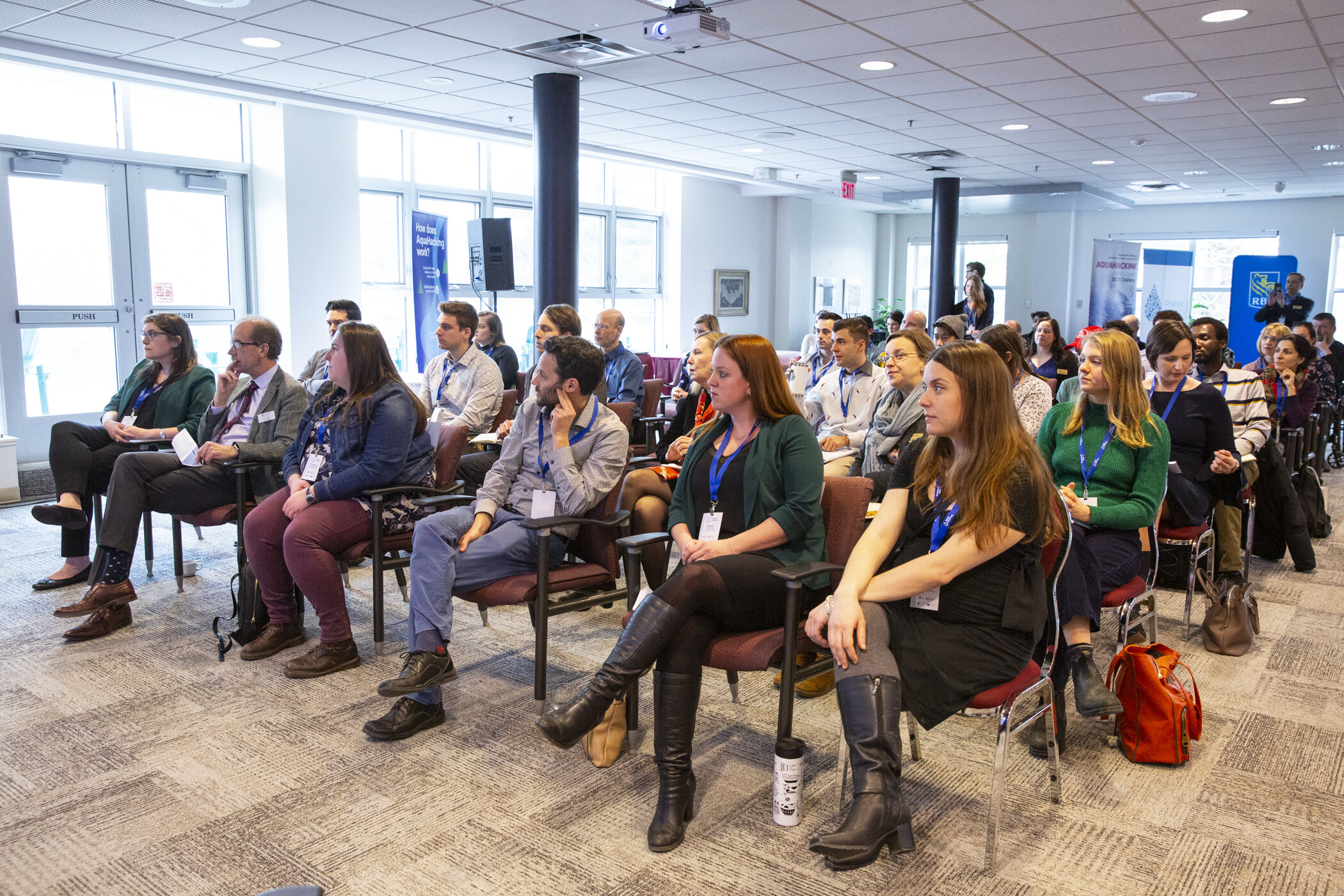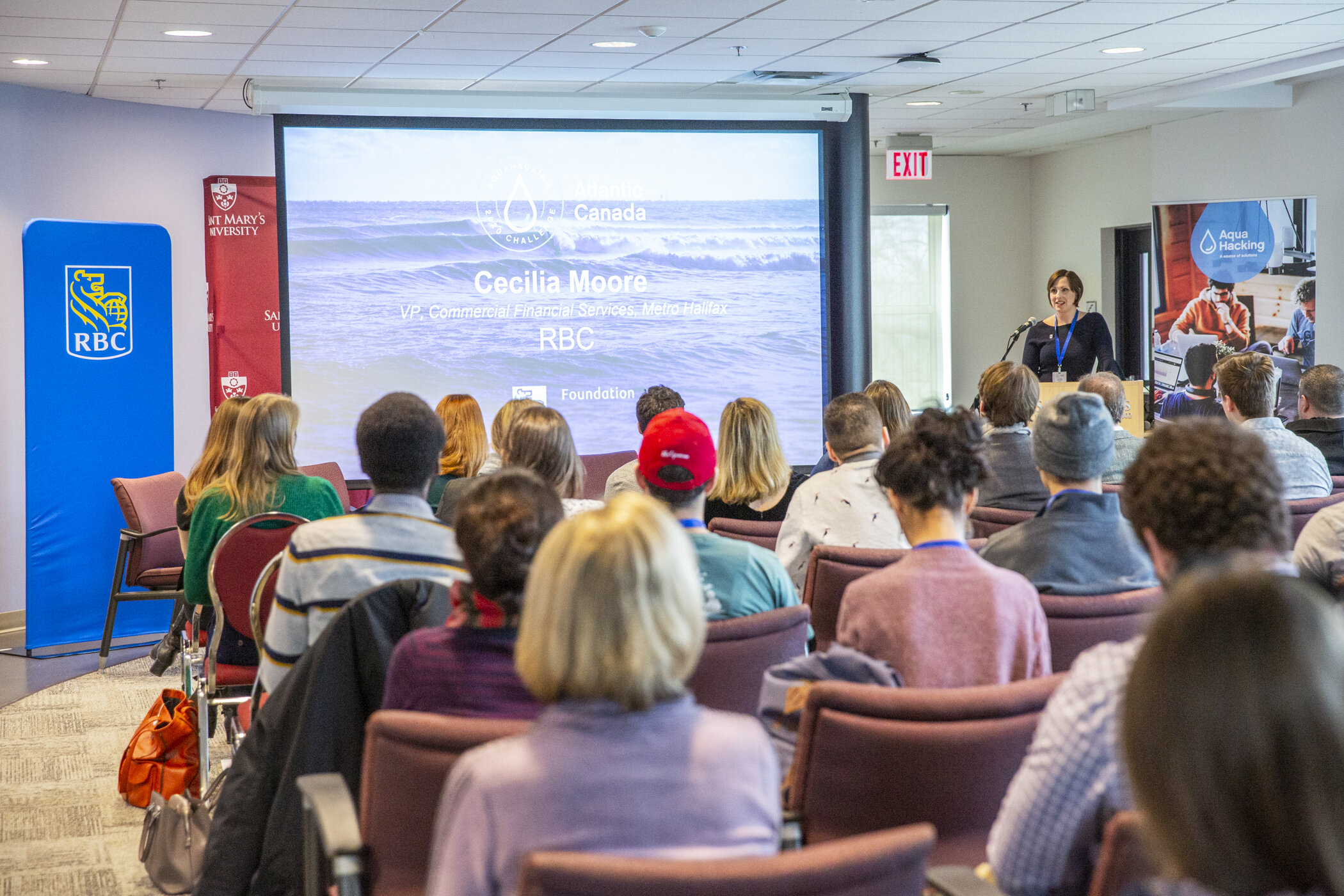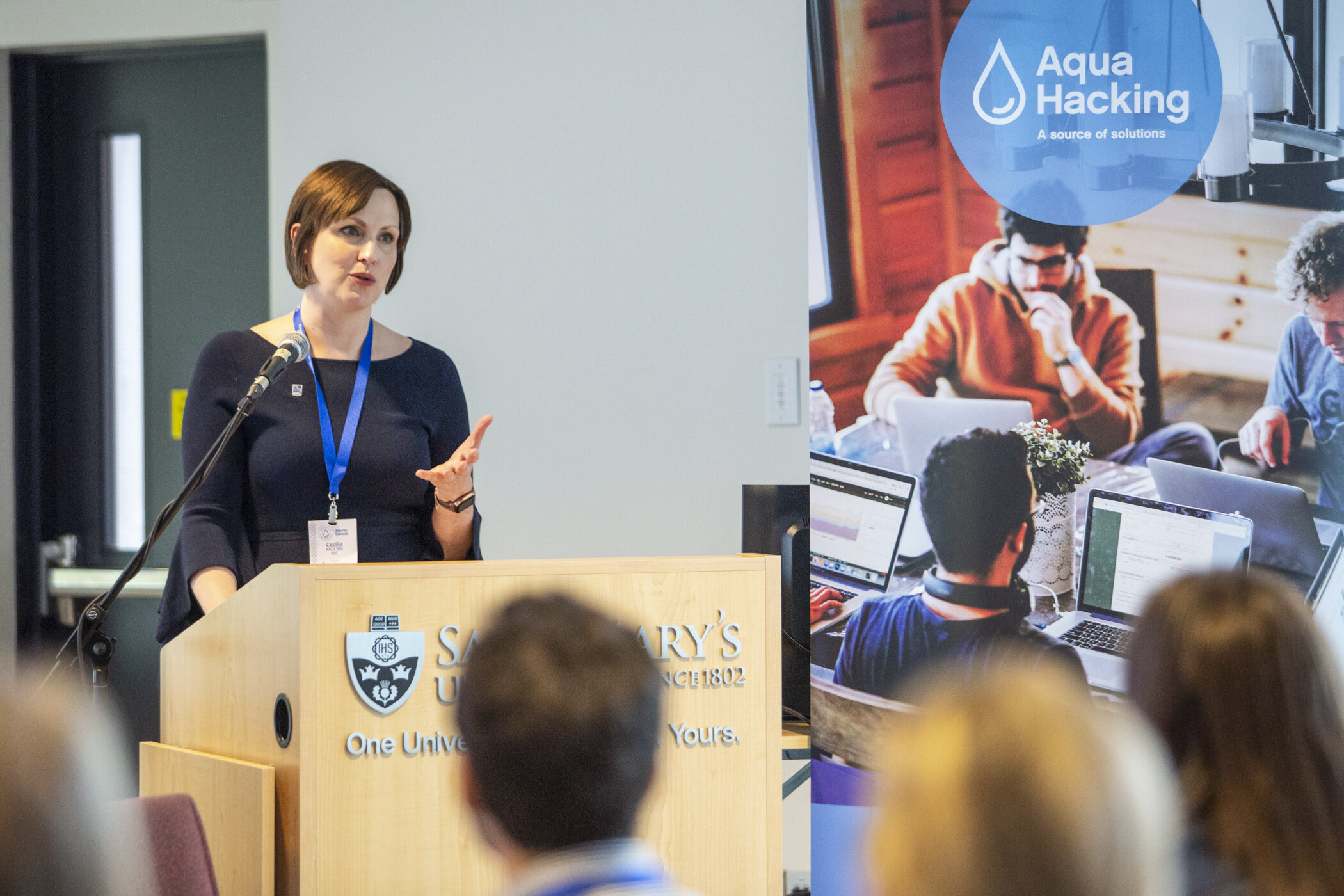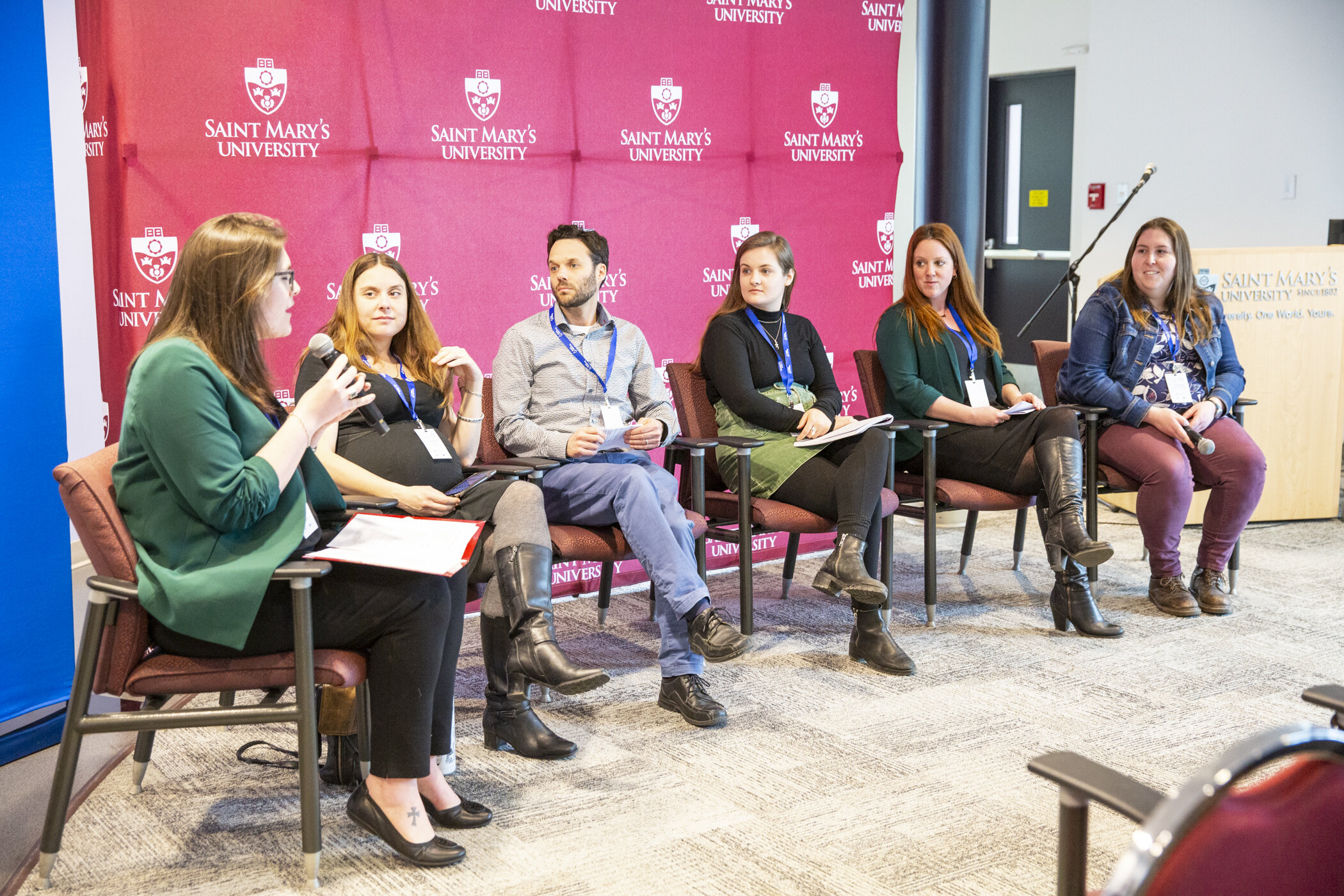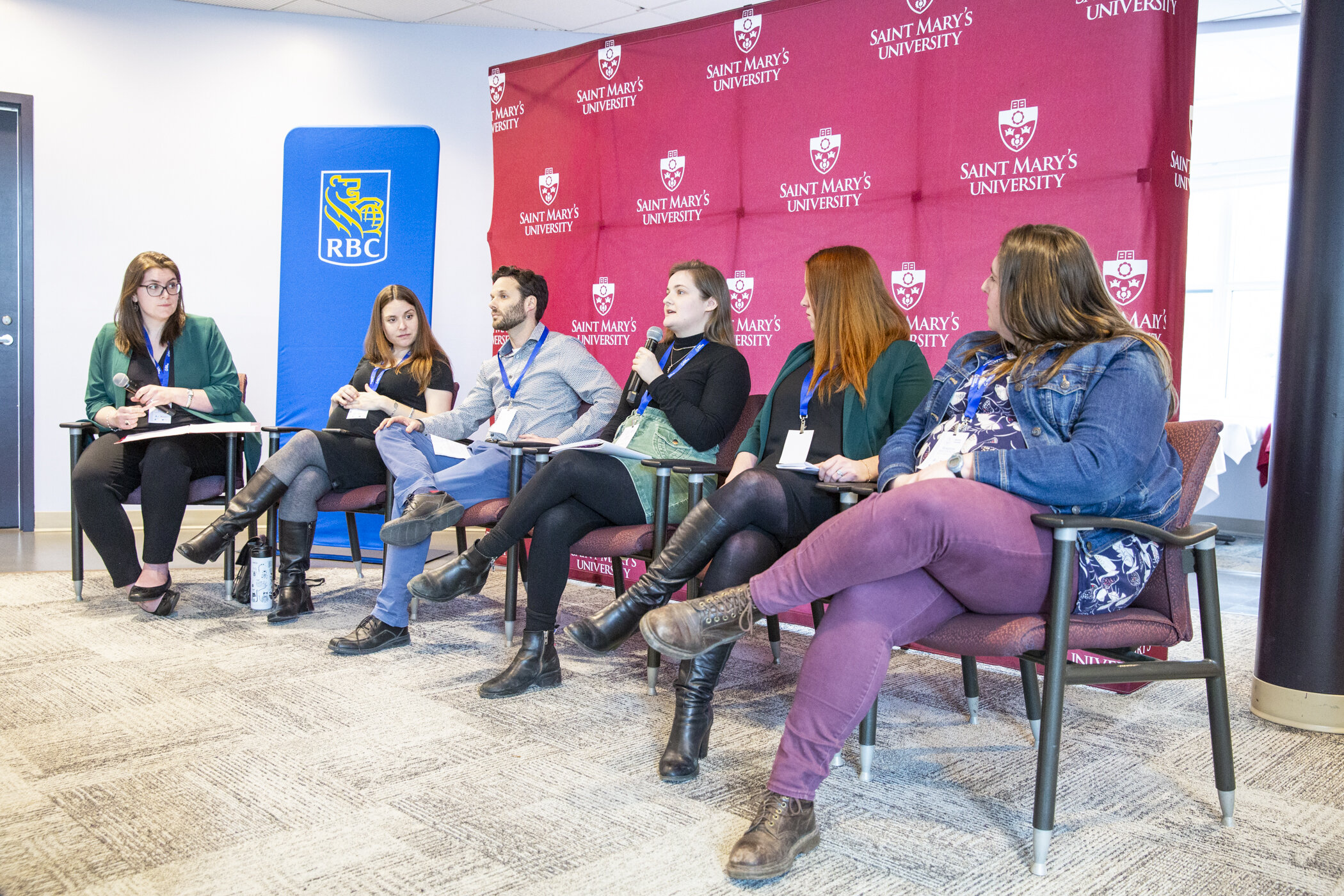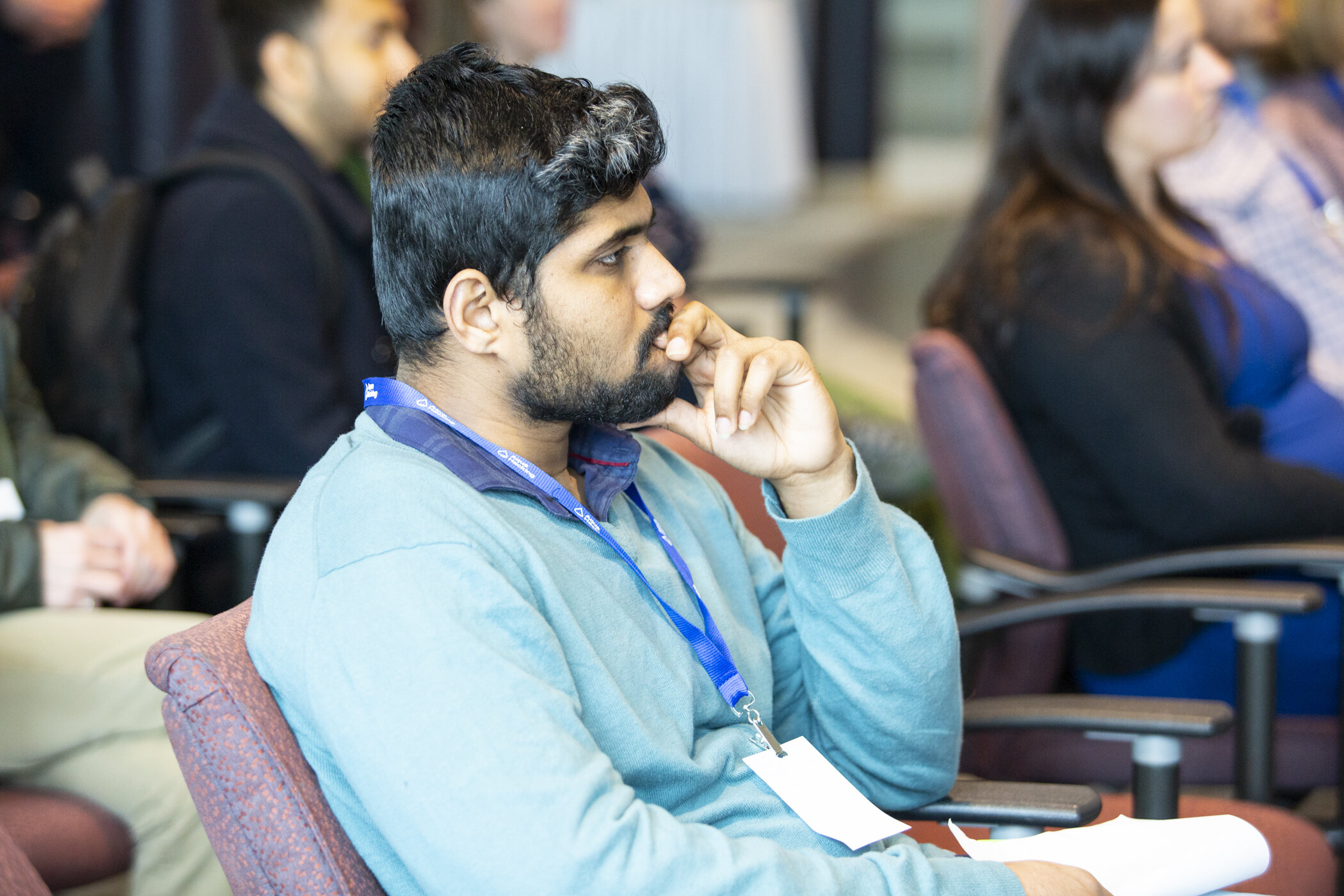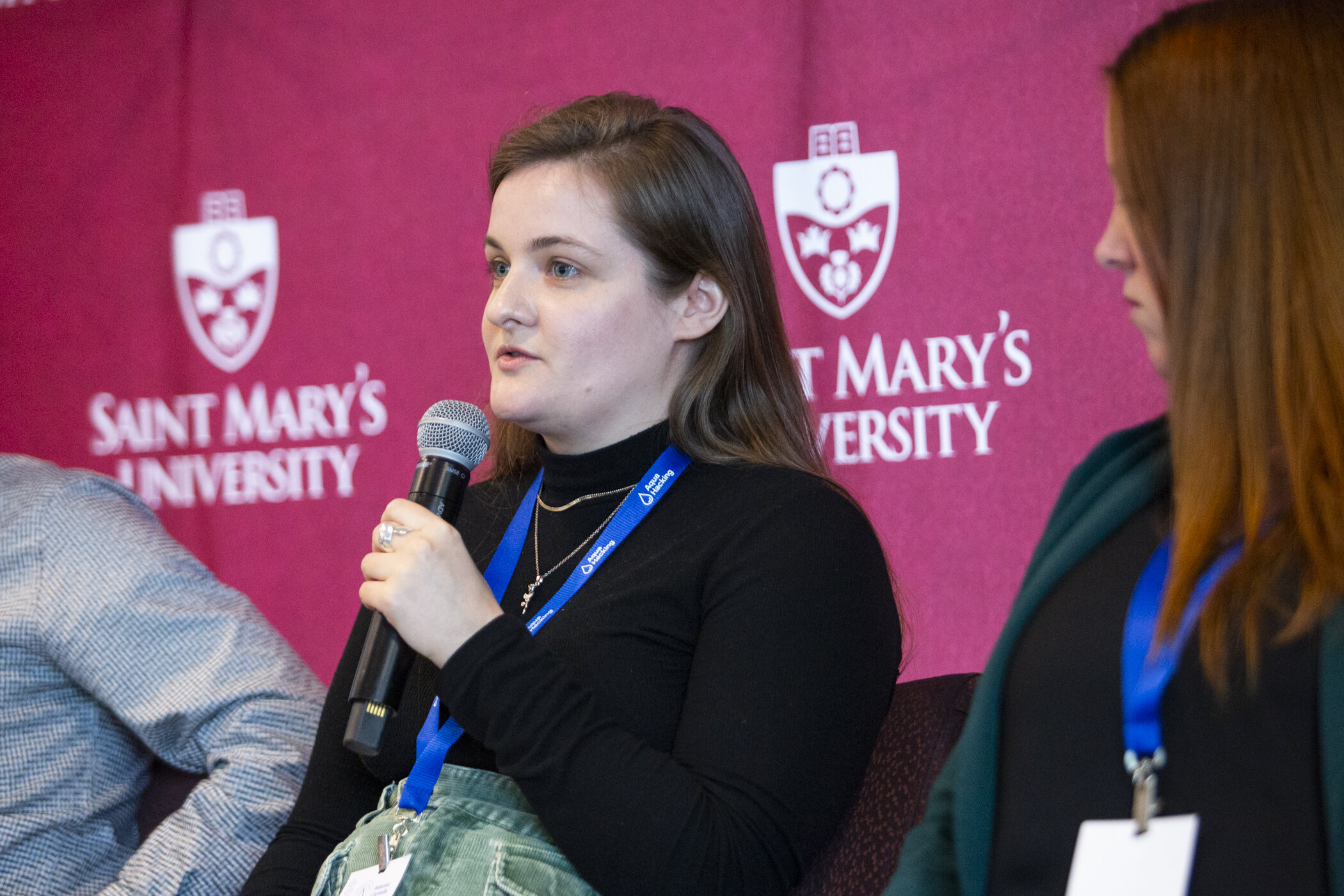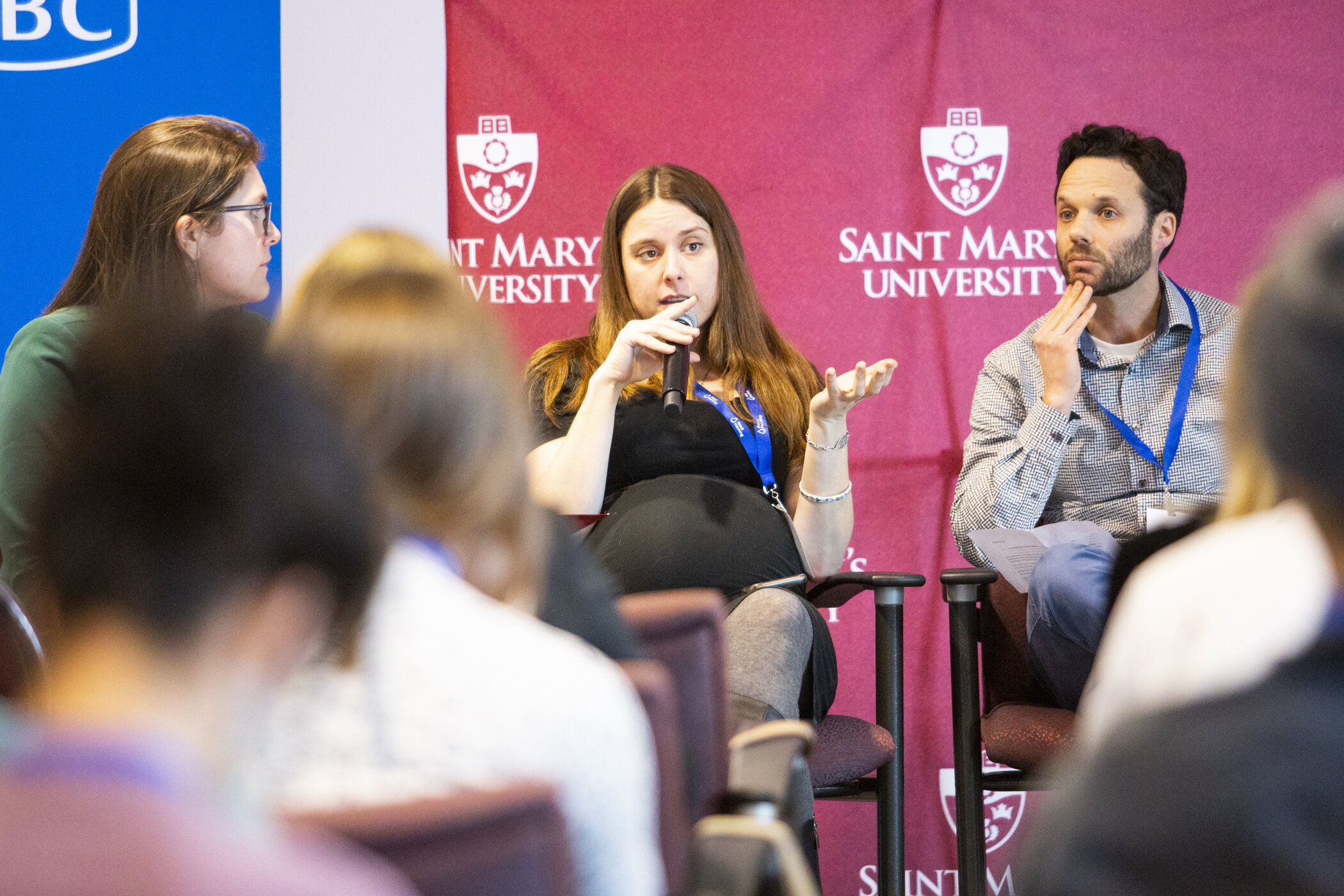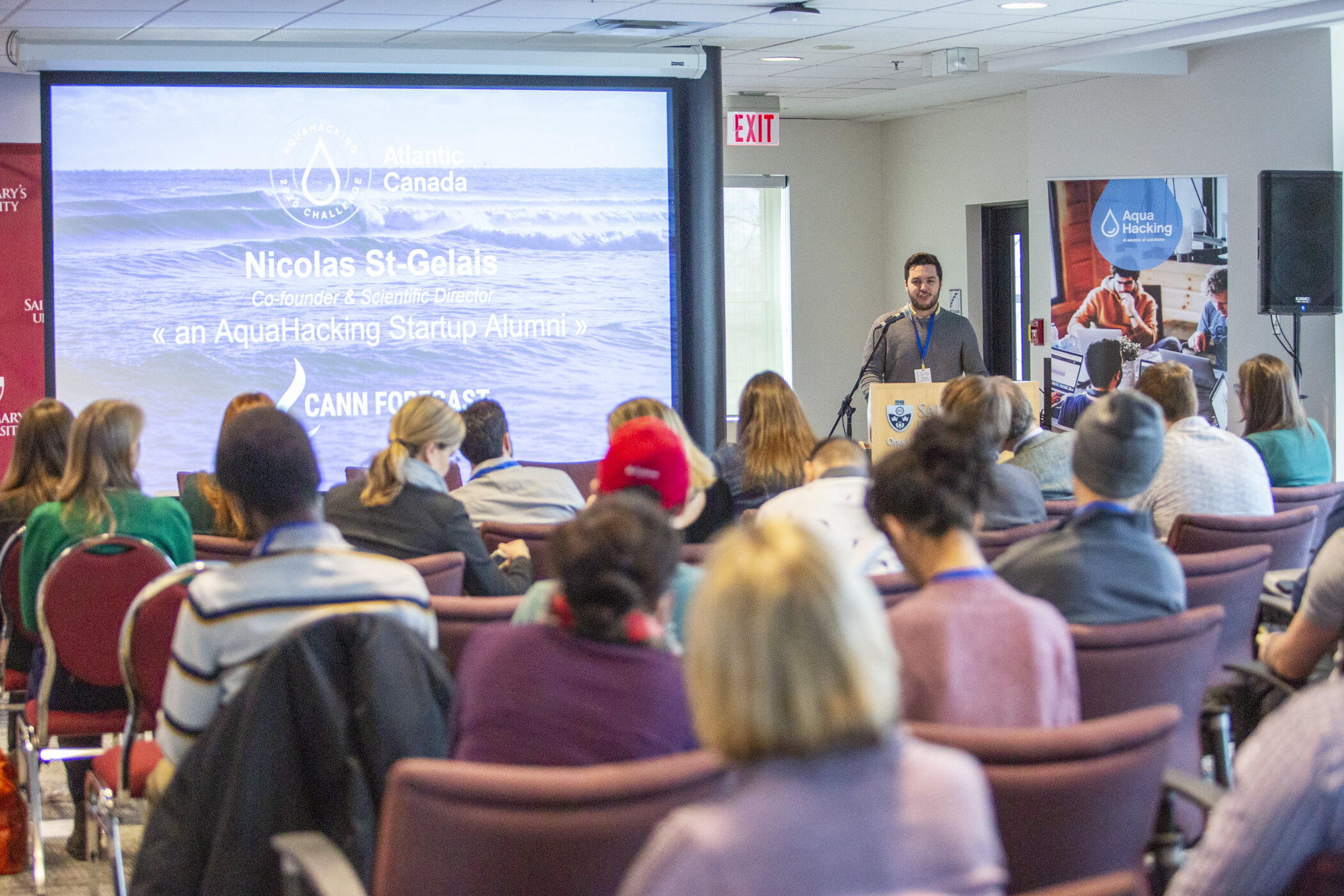The reclusive poet stereotype doesn’t work so well for Vancouver-based writer Rob Taylor. Connecting with other humans can even be a key aspect of his writing process at times.
“We tend to think of poets as solitaries,” says Dr. Amanda Jernigan, Professor of Creative Writing at Saint Mary’s, “but Taylor is a community builder and also a public intellectual. His work reaches out, rather than turning inwards … The word exists for him in community, not in isolation.”
For example, to research the 33 poems in his book “Oh Not So Great”: Poems from the Depression Project (leaf press, 2017), Taylor collaborated with doctors and held focus groups with people who were living with depression, to find out more about their daily lives. He wanted the book to serve as a bridge between patients, family members and physicians on a subject that is so often stigmatized.
Also an editor and creative writing teacher, Taylor plans to meet a lot of students and local poets during his week at Saint Mary’s. He’ll be on campus from March 2 to 6, as the university’s 2020 Writer in Residence. In an advance email interview, he confessed that he wouldn’t fully abandon the solitary poet stereotype, as he’s still “very much an introvert who makes community through books and literary readings.”
He hopes many people will come to the SMU Reading Series event happening March 4 at 7 pm, at the Saint Mary’s University Art Gallery. Special guests include celebrated local poets Sue Goyette and Annick MacAskill. Robin Metcalfe, the gallery’s director / curator, will share some words about the gallery's current exhibition, which is inspired by the e.e. cummings poem one winter afternoon.
Taylor says most of the readings at the event will be from the recent anthologies he edited, Best Canadian Poetry 2019 and What the Poets Are Doing: Canadian Poets in Conversation. Here’s a Q&A with a few more thoughts as Taylor was packing to head across the country:
Q: Have you been to Halifax before?
A: This is my first time travelling to the Maritimes. So many writers I love and admire are based on the East Coast, along with some of my favourite small presses and magazines, so I'm definitely trying to make the most of my limited time in the region.
Q: You’ve already got a strong Nova Scotia connection. Your book The News – with poems about the birth of your son – was published by Kentville’s Gaspereau Press in 2016. What was it like to work with a publisher on the opposite end of the country?
A: The funny part is that Gaspereau's acceptance of The News, and the bulk of my final edits for the book, came while I was living in Ameliasburgh, Ontario as the Writer-in-Residence at the Al Purdy A-frame. The book was already written at that point, and my son was just starting to crawl (which multiplied his capacity for distraction). Al's wife, Eurithe, would come over to play with him sometimes, and others in the community would take him for walks when my wife and I needed breaks. Everyone's collective effort to give me space to work proved essential to the book's coming together as quickly as it did.
Working with Gaspereau was a long-held dream of mine, and they didn't disappoint in their vision and execution of the book. The News was written, edited, and published in three different parts of country, but the rich details of the book's design are 100% Nova Scotia magic.
Q: What will be the focus of your weeklong residency at Saint Mary’s?
A: I'm most excited to meet students who are as enthusiastic about the written word as I am. I know what a difference it made for me to meet visiting authors when I was in university. It made the fantastical notion of being a writer seem a little more possible.
Q: Anything else you’d like to mention?
A: I want to send out a big thank you, in advance, to everyone at Saint Mary’s for allowing me to be a part of your ever-growing ecosystem of writers and readers, even if for only a week!
While in the Maritimes, Taylor is also hosting poetry events in Petitcodiac on March 7 (with Dr. Jernigan), and in Fredericton on March 8 (with Dr. Jernigan, Rebecca Salazar, Sue Sinclair, Nick Thran and Douglas Walbourne-Gough). Learn more about Rob on his website at roblucastaylor.com and follow him on Twitter and Facebook.









